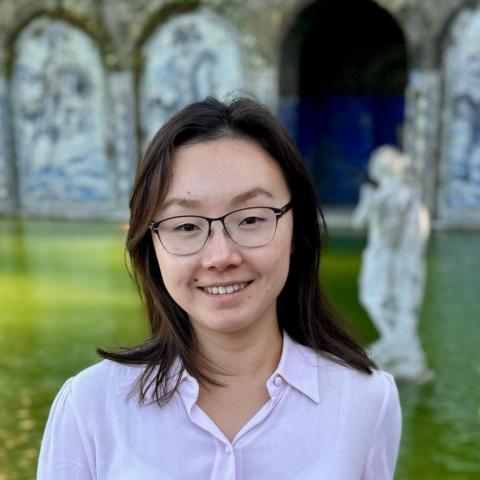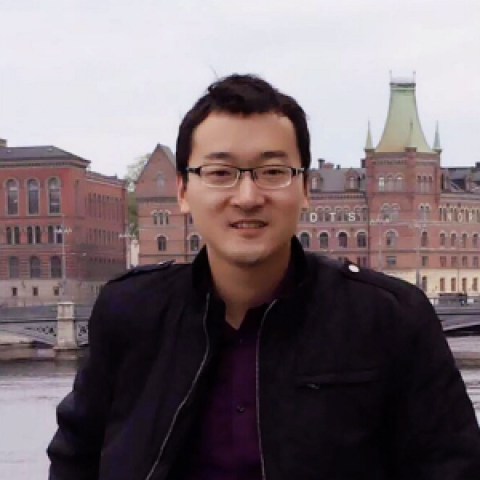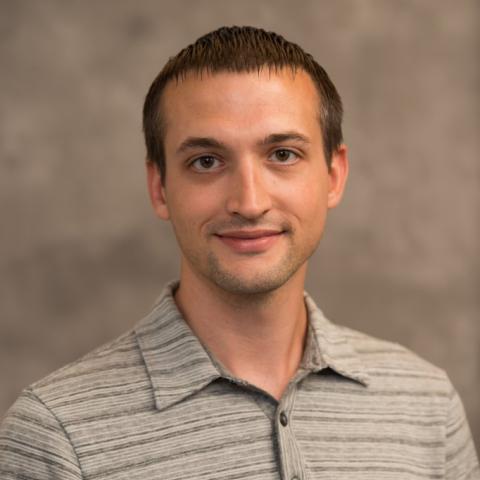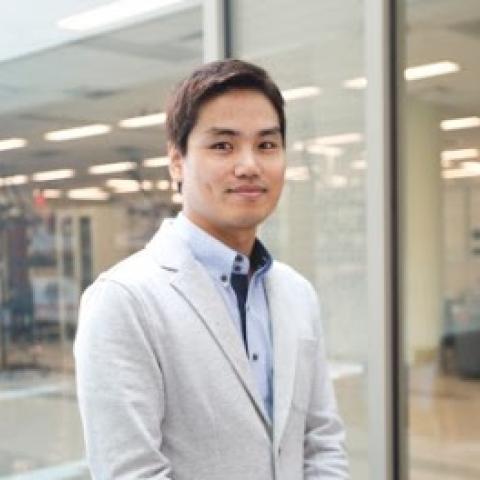Mohsen Moghaddam
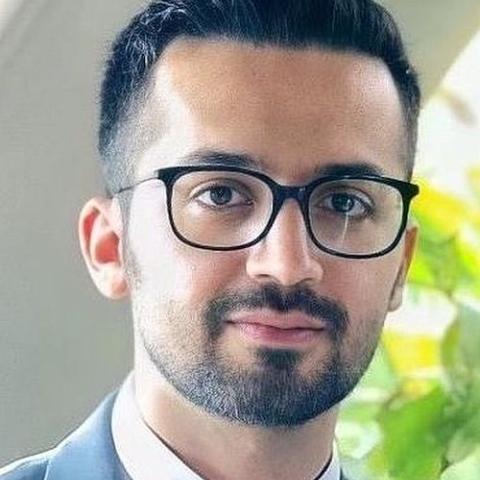
Mohsen Moghaddam is the Gary C. Butler Family Associate Professor in the H. Milton Stewart School of Industrial and Systems Engineering and the George W. Woodruff School of Mechanical Engineering at the Georgia Institute of Technology. He directs the Symbiotic and Augmented Intelligence Lab (SAIL), where his research focuses on developing human-centered computational models, algorithms, and tools at the intersection of AI and spatial computing to enhance learning and creativity in various cognitive and psychomotor tasks within industrial settings. Previously, Dr. Moghaddam was an Assistant Professor in the Department of Mechanical and Industrial Engineering and an Affiliated Faculty with the Khoury College of Computer Sciences at Northeastern University in Boston. He has also served as a Visiting Professor with the HumanTech project at Politecnico di Milano and as a Visiting Scholar at the Next Level Lab, Harvard University. Dr. Moghaddam earned his PhD in Industrial Engineering from Purdue University and completed a Postdoctoral Associate position at the GE-Purdue Partnership in Research and Innovation in Advanced Manufacturing. His research has been supported by the U.S. National Science Foundation, the U.S. Defense Advanced Research Projects Agency, the U.S. Navy, and industry partners.
- Extended Reality
- Human-Robot Interaction
- Manipulation and Locomotion
- Human-Centered Robotics
- Safe, Secure, and Resilient Autonomy
- Sensing and Perception


